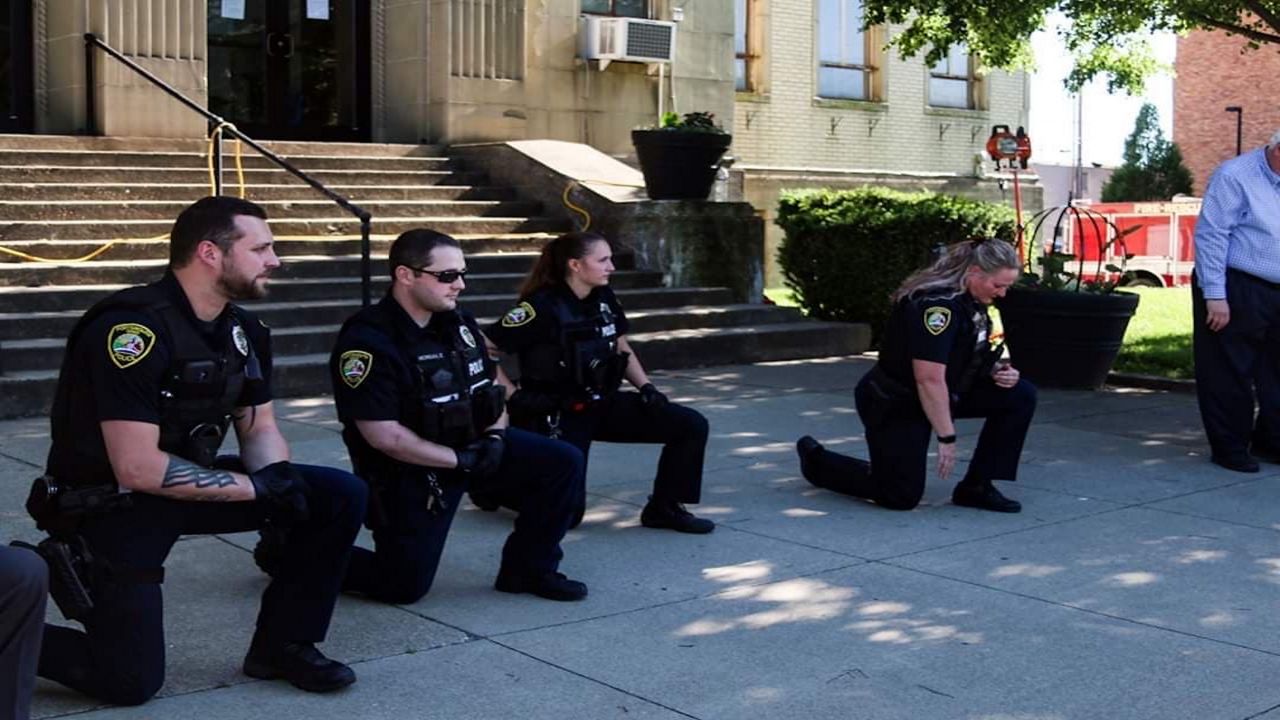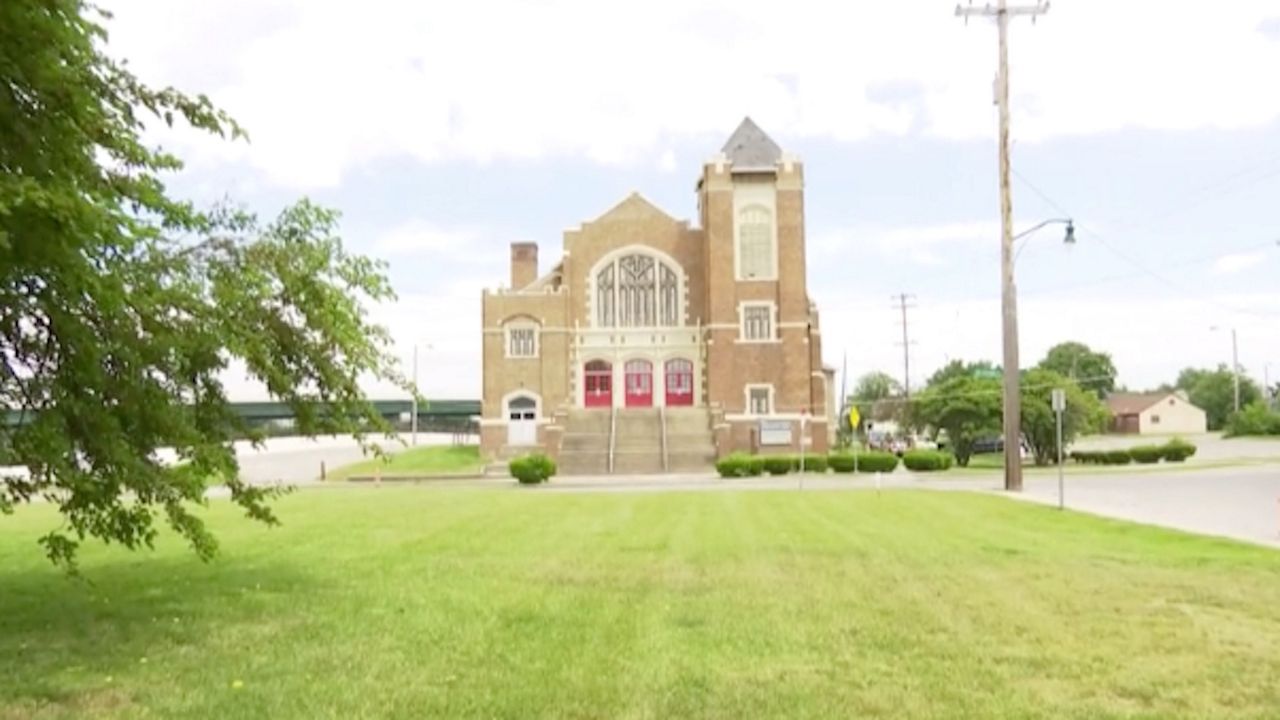CLEVELAND, Ohio — As our country and our communities are challenged to come to grips with the reality of racism, we look to community leaders for their perspective.
Cleveland’s University Circle is a culmination of what makes Cleveland great— arts & culture, academic institutions, medical progress and diversity.
What You Need To Know
- Community Leaders in University Circle say the civil rights movement has accomplished a lot, but not enough
- Community leaders say cities like Cleveland have the opportunity to make an impact because there is strength in diversity
- United Methodist Church Pastor Anthony Everett says in order to move forward we must understand racism in a modern day sense
“We are sitting here a few hundred feet from places that Dr. King spoke at in the 60s in Rockefeller Park. And when you think about his teachings in the mid-60s, we were going places, but much of the dreams had been deferred,” said Chris Ronayne, president of University Circle Inc.
Ronayne’s work is mostly dedicated to urban development. He says he believes that as a community leader, he has a responsibility to speak up and act.
“The events that we are seeing this week is obviously about the injustice that occurred. It's also about dreams deferred and things that have not happened fast enough,” Ronayne said.
Pastor Anthony Everett, of United Methodist Church, is largely involved with the University Circle Community.
“You have these situations that have taken place and African Americans are the target. And so, African Americans feel as if they are targets, that you can't feel safe, and regardless of a pandemic that's going on, people feel that there's another pandemic of racism thats taking place.”
Pastor Everett says he calls what most are calling riots, “uprisings” against the racism plaguing the country.
“I'm not saying that that is right. But, you know, I have more more sympathy for someone who is who is killed with a neck being broken or they're suffocating or what have you, from police brutality than I do for a broken window. I understood that to be was what Dr. Martin Luther King once said, is that the uprisings are, and I'm paraphrasing him, the uprisings are the voices of those who have needs that have been unmet.”
Everett said in order to move forward, we have to understand the concept of racism in a modern day sense.
“We know about it from the 60s. We think about race in the 60s and we talk about how the civil rights movement was supposed to end all of this and take care of all the problems and what have you, and embrace in Ohio, and it's funny that when we talk about race in Ohio, racism, we think of, you know, somebody down in Mississippi or Kentucky and somebody being lynched or something like that. But the reality is is that there's personal racism and there's systemic racism. So systemic racism is what disenfranchises African Americans from being able to vote, and not just African Americans, but all people of color, the opportunity to vote. It's the same thing that has led to health disparities educational disparities, it's led to mass incarceration of African American males, which is big business and big money. You know, so all of those things again they come to a head.”
Ronayne said cities like Cleveland have an opportunity to make an impact because there’s strength in diversity.
“What we are dealing with now is really a conversation, first about justice. We can't look past the issues of justice. And it's also about opportunity. And, and the opportunity, I think it just needs to be a more holistic look as who we are as a people and how do we progress together. I have high hope. I have faith that our cities actually are places of solutions, they're the places where people come together of all different backgrounds to try to solve problems that affect the world.”









